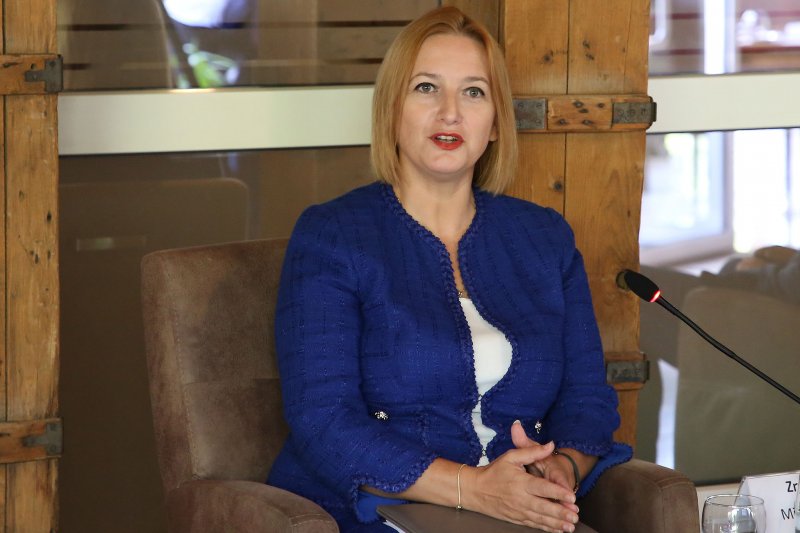Economy Contracts by 10% y/y in Q2
Albania's gross domestic product (GDP) decreased by 10.23% year-on-year in the second quarter of 2020 as a result of the coronavirus (Covid-19) pandemic, after dropping 2.5% in the previous three months, the country's office of statistics said on Wednesday.
The strong contraction was expected due to the full impact of Covid-19 on the country’s economy. The epidemic started in March, which was followed by strict lockdown measures, including closure of schools, bars and restaurants, as well as borders.
On a quarterly comparison basis, Albania's GDP fell by 8.80% in the April-June period, the statistical office, INSTAT, said in a quarterly report.
The biggest negative contribution of 4.11 percentage points came from the trade sector, which fell by 26.35% in the second quarter. The second biggest negative contribution was made by the mining and quarrying sector of 1.45 pp. The sector fell by annual 13.14%, data showed.
The sector of financial activities dropped by an annual 21.68%, professional, scientific and technical activities fell by 19.45% and the construction by 10.93%. The IT sector declined 9.05% on the year in the second quarter.
The only sectors that positively contributed to the country's economic growth in the second quarter of 2020 were agriculture, forestry and fishing, and real estate.
In 2019, Albania's GDP grew by an estimated 2.2% year-on-year after a 4.06% increase in 2018, according to preliminary estimates released by INSTAT earlier this year.
In July, the Ministry of Economy and Finance Anila Denaj said that Albania expected its economic output to shrink by 4.3% in 2020.
The International Monetary Fund (IMF) expects Albania’s economy to contract by 7.5% this year. Albania's economy is expected to recover from the second half of the year and grow gradually in 2021 as the pandemic's impact recedes and earthquake reconstruction works continue, the IMF said in a concluding statement at the end of a staff virtual visit to the country on Monday.
The IMF also expects Albania's fiscal deficit to increase to about 7% of the gross domestic product (GDP) and the public debt-to-GDP ratio to rise to 80% in 2020. Inflation is projected to remain low.
То mitigate the COVID-19 pandemic's effects on the economy, government support should be temporary and well-targeted, supporting essential activities and protecting the most vulnerable, the IMF said, adding that Albania needs to make strong efforts to safeguard financial stability while supporting borrowers hit by the shocks.
The IMF also highlighted the country's need for an improved tax system that is growth conducive, as higher revenue is critical for sustaining the higher spending needs of the people and the economy.













